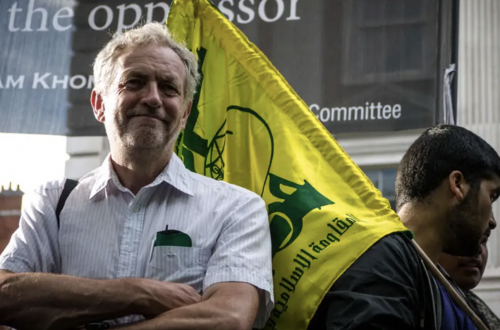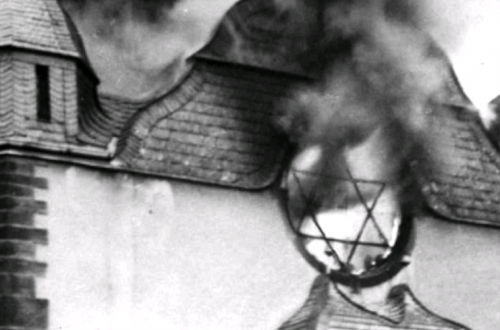The BBC reports:
Edward Snowden, who has identified himself as the source of leaks about US surveillance programmes, is believed to be holed up in a hotel in Hong Kong.
Mr Snowden told The Guardian he flew to Hong Kong on 20 May, after leaking information about the National Security Agency’s surveillance programme,
He said that he chose Hong Kong because the city has “a spirited commitment to free speech and the right of political dissent”.
Really? Really? When Hong Kong is overseen by China??
Global Voices reported just over seven weeks ago:
Hong Kong netizens are outraged by the abuse of police force in the arrest of a 46-year-old man for writing “Go to Hell, Xi Jinping” (習近平去死) on the stairwell of a residential building in Hong Kong’s Ma On Shan district. Xi Jinping is the President of China.
According to a local news report [zh], the district police station in Sha Tin sent police officers from the Regional Crime Unit, which normally handles more serious criminal cases, to investigate the graffiti, which appeared three times in the same building between April 7 and April 17, 2013. The police officers monitored the “crime scene” overnight and caught a man holding a ballpoint pen at 8 a.m. on April 18, 2013.
The Hong Wrong blog picked up the story:
The news comes as an American report on human rights is published (PDF). Whilst the notion of the USA commenting on such a topic is hilarious in itself, its findings were accurate and its conclusions won approval from the HK Human Rights Monitor. It also forced the South China Morning Mouthpiece to report on its own own shameful shout-out regarding their handling of the Li Wangyang case.
Some of the ‘lowlights’ of the US report:
Press freedom: “87% of reporters, photographers, editors, and management surveyed said that media freedoms had deteriorated in the past several years… Journalists and press freedom activists complained that the assignment of Wang Xiangyang, a mainlander and a Chinese People’s Political Consultative Congress member, as editor in chief of the South China Morning Post was another sign that press freedom was deteriorating. Media watchers cited Wang’s June 7 decision to reduce reports about the suspicious June 6 death of Tiananmen Square dissident Li Wangyang to a short blurb as evidence of pressure from Beijing’s liaison office in Hong Kong, a troubling sign, they alleged, for press freedom”
Freedom of assembly: “Demonstrators continued to claim that their ability to protest had become increasingly difficult due to Hong Kong Police Commissioner Andy Tsang”… “Some activists also alleged that police faced no penalty for making arrests that ultimately were not prosecuted or were dismissed by the courts.”… “Activists and pan-democratic legislators expressed concern that the government took a more restrictive view of protests at the central government liaison office”
…
…
So probably not.


